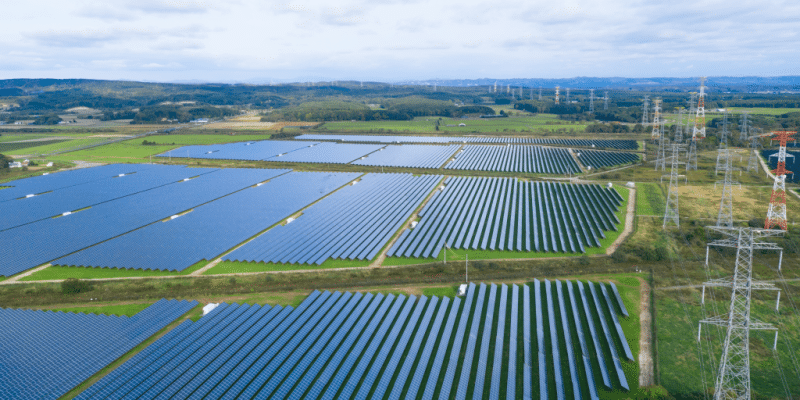In Ivory Coast, 10 multinational companies have been qualified following a call for tenders to build two photovoltaic solar power plants under a public-private partnership (PPP) in the Bafing region. The plants will be built under the World Bank's Scaling Solar programme.
Initially launched to accelerate the deployment of solar farms in several countries through public-private partnerships (PPPs), the International Finance Corporation’s (IFC) Scaling Solar programme is stalling just about everywhere in Africa. This slowness is even more noticeable in Ivory Coast. Almost three years after the launch of the call for tenders for the construction of the Laboa and Touba solar power plants, the results were not officially published until 22 April 2024.
Ten companies were selected to continue the process. Two of these companies decided to work in a consortium. These are the French investment company Meridiam, which has joined forces with its compatriot EDF Renouvelables, a subsidiary of the Électricité de France (EDF) group. The French company Voltalia has also come forward to build the two solar power plants. Norwegian independent power producer (IPP) Scatec, the UK’s Globeleq and Italy’s Enel Green Power are also interested.
Read also- Solar energy: Côte d’Ivoire celebrates the diversification of its electricity mix in Boundiali
French IPP Green Yellow has also been selected, although it has decided to refocus its activities on the Indian Ocean and South Africa. The Egyptian company Elsewedy Electric is also among the potential developers of the Laboa and Touba solar power plants. The same applies to Cairo-based Infinity Power Holding and Nareva Holding, a subsidiary of the Moroccan group Al Mada.
The shortlisted bidders have until 9 August 2024 to submit their proposals to the Ivorian Ministry of Mines, Petroleum and Energy and the state-owned company Côte d’Ivoire Energies (CI-Énergies). The companies selected as a result of this process will build solar power plants capable of delivering a combined output of 60 MWp to Ivory Coast’s national electricity grid. These facilities will further diversify the West African country’s electricity mix, in line with the government’s goal of increasing the share of renewable energies to 45% by 2030.
Jean Marie Takouleu






